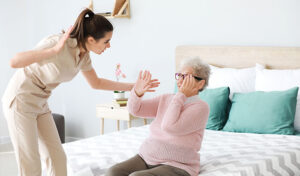
What to Do if Your Parents/Grandparents Experience Nursing Home Abuse
Keep in mind that complaints aren’t necessarily about abuse. However, minor complaints here and there can indicate a more significant problem that needs to be addressed.

Keep in mind that complaints aren’t necessarily about abuse. However, minor complaints here and there can indicate a more significant problem that needs to be addressed.
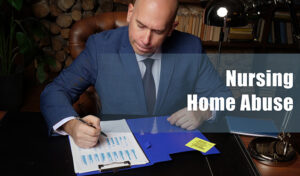
If your loved one is in a nursing home, it’s good to know the causes of nursing home abuse. While your loved one might not be experiencing abuse right now,
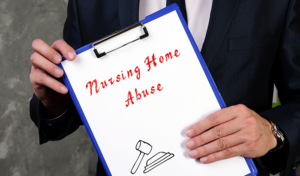
Nursing home abuse can happen right under your nose, and it’s not always obvious. Some of the signs are apparent, but some are very subtle. So, how can you tell

Each year, approximately 4 million elderly people are victimized by abuse, and many of these cases happen within the walls of their nursing home. It can sometimes be difficult to
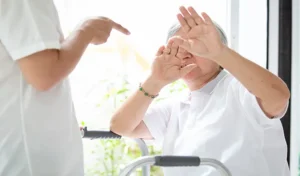
If you have a loved one living in an assisted living facility, you might be concerned about nursing home abuse. While nursing homes are meant to be a safe place

Finding out that your loved one was mistreated in their care facility is devastating, and they will need to heal from nursing home abuse. Unfortunately, elders are not always able

When poor hygiene in a nursing home is more than an isolated event, it can constitute as nursing home abuse. Nursing homes are like other medical facilities such as hospitals,
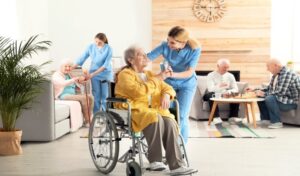
Selecting a nursing home for yourself or a loved one can be difficult, and it’s a stressful decision that you should make with care. Many people wonder what they should

A nursing home might be the best option for older adults who require round-the-clock medical care and supervision. They offer a range of medical, personal, and social services to meet the
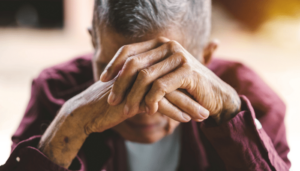
Every year, thousands of older people experience elder abuse, which can be physical or emotional. Most of these victims are frail and vulnerable, so they can’t protect themselves. Sadly, the

All elderly people deserve to age with dignity, but sadly, many fall victim to neglect and abuse—particularly those who stay in nursing homes. Unfortunately, nursing home abuse often goes unreported
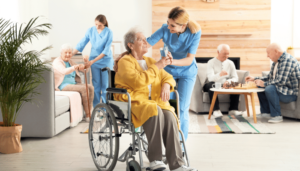
Nursing home abuse is any type of harm that elderly people face in care facilities, resulting in physical or emotional injuries, financial exploitation, sexual abuse, and more. Sadly, many families
UTAH INJURY LAWYERS
Flickinger • Boulton
• Robson • Weeks
PROVO OFFICE
3000 N University Ave
Suite 300
Provo, UT 84604
SOUTH JORDAN OFFICE
10393 S. Temple Dr.
Suite 103
South Jordan, Utah 84095
OFFICE HOURS
Monday- Friday: 8AM-5PM
Saturday-Sunday: Closed
*Disclaimer: the information provided by this website is for informational purposes only and should not be considered legal advice or a substitute for competent legal counsel.
**SMS consent and contact phone numbers will not be shared or sold to third parties or their affiliates for any purpose.
© 2025 All Rights Reserved.